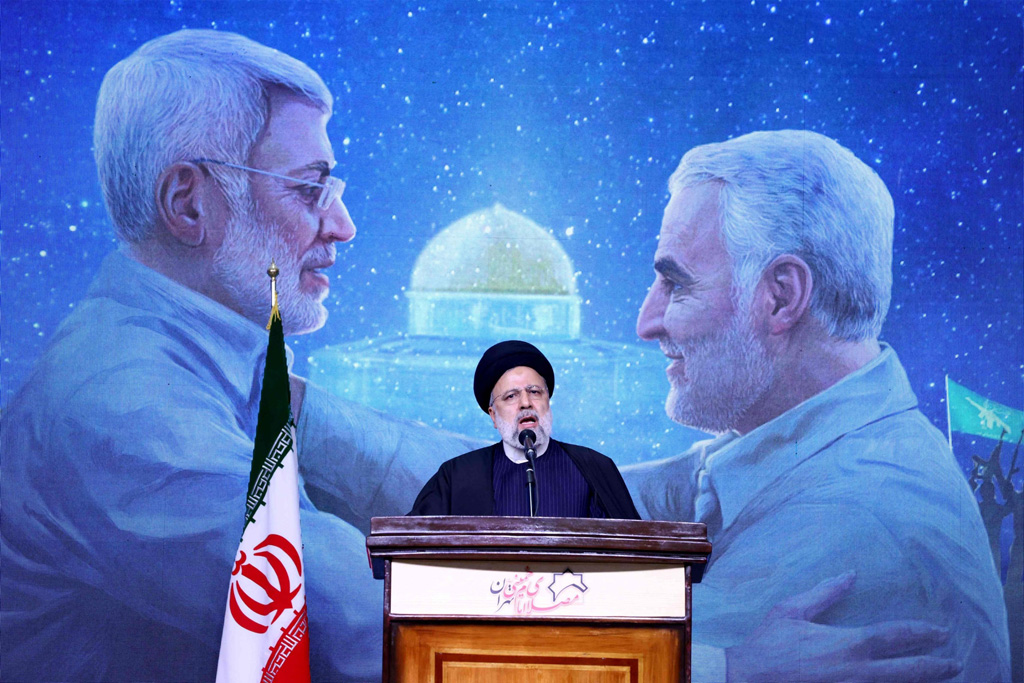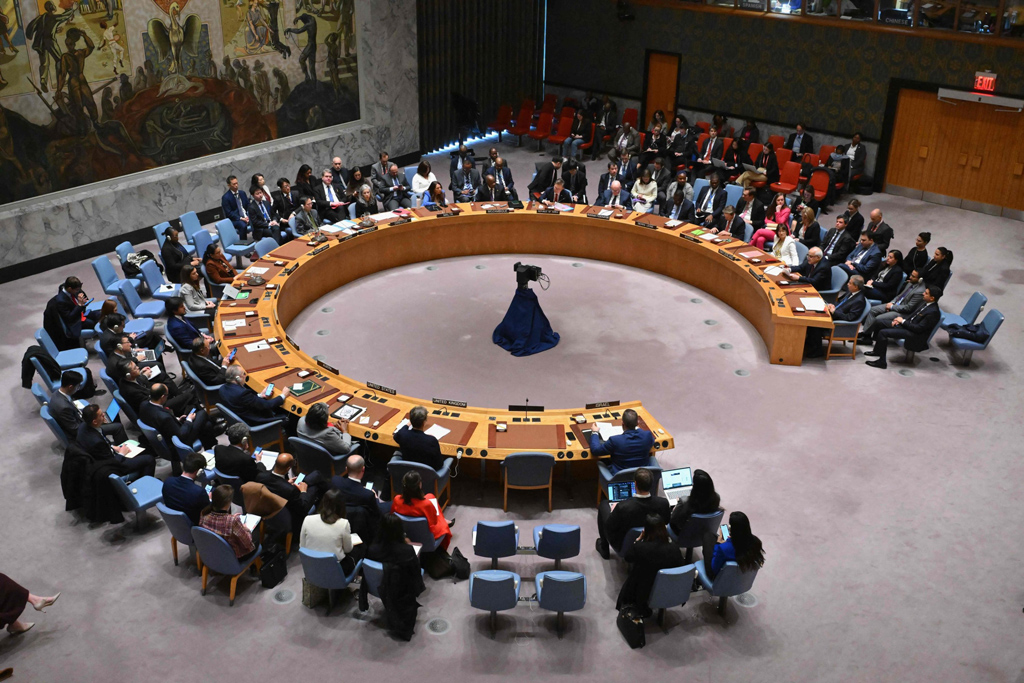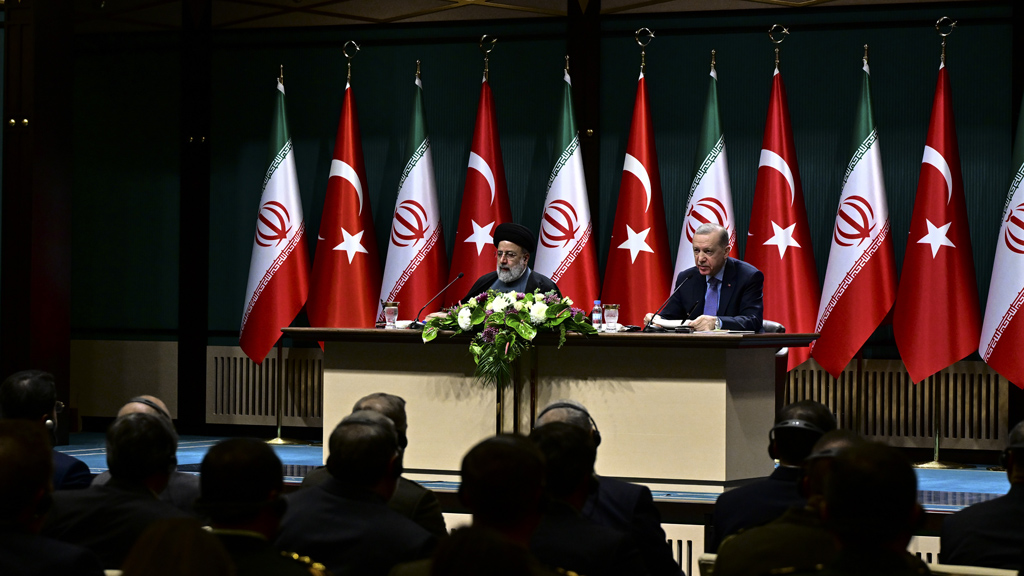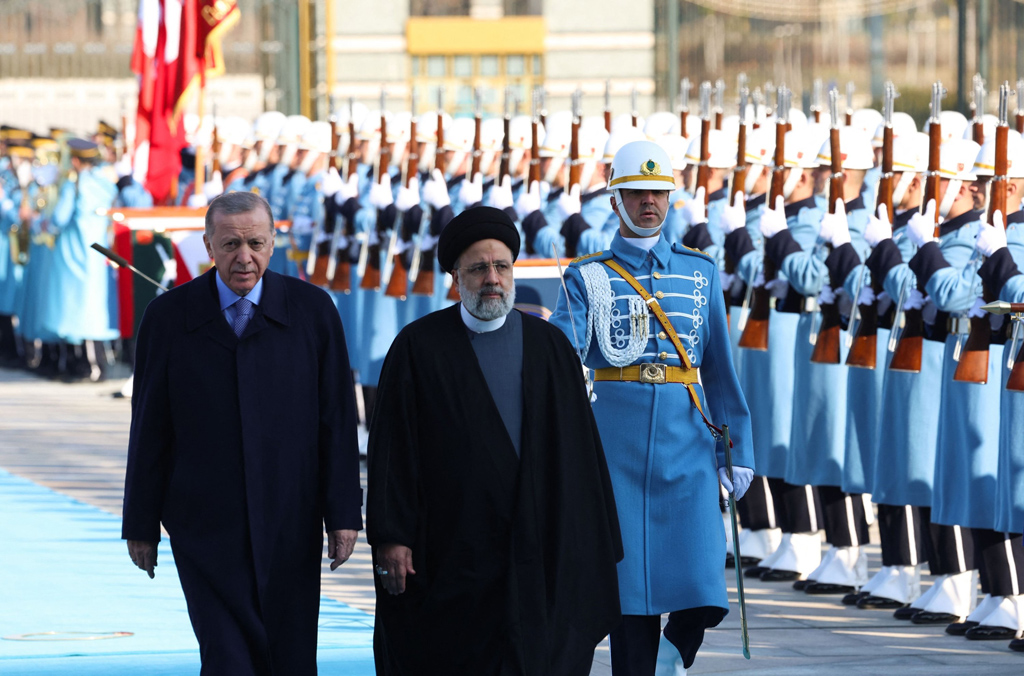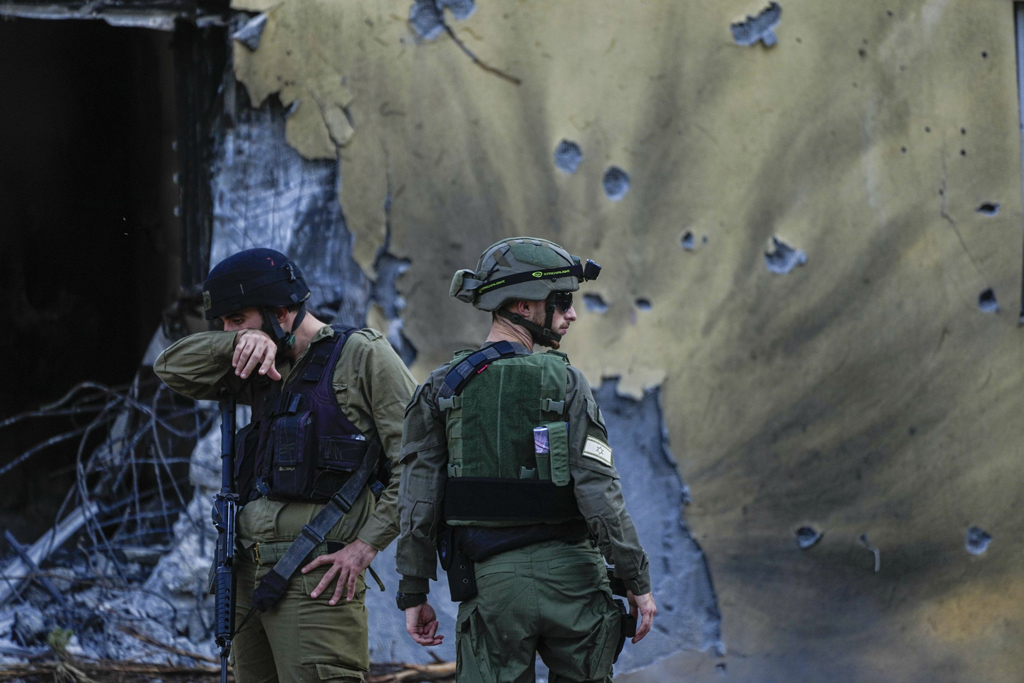Against the backdrop of Israel's massacre in Gaza, attention has been shifting to Iran. Following the bombardment of the Houthis by the United States and the United Kingdom for disrupting commercial shipping in the Red Sea, Iran and Pakistan experienced an escalation, with both sides firing missiles over terrorism. Moreover, Israel killed five members of the Revolutionary Guards Corps in Damascus last weekend, resuming its past operations against the Iranian presence in Syria. The seeming purpose of such strikes is to stop Iran from sending military aid to the Axis of Resistance – namely Hezbollah and Hamas. More important, however, is Israeli Prime Minister Benjamin Netanyahu's commitment to ensuring the Israeli-Palestinian conflict's regionwide spillover – which contradicts the Biden administration. The current trend would help the Israeli prime minister stay in office in the short run. It is no secret that Netanyahu will have to answer for Operation Aqsa Flood and some 1200 Israeli deaths as soon as the military operation ends. To prevent or at least delay such scrutiny, the war needs to continue and spread to other areas. Israel's massacres in Gaza face backlash from the entire world – which is why the restrained regional war, in the form of a clash with the Houthis and other Iranian proxies, plays into the Israeli prime minister's hand. Another reason relates to Israel's long-term interests. Traumatized by what happened on Oct. 7, Israel desperately wants a confrontation between the U.S. and Iran. In other words, Israel wants the Americans to fight Iran so that the Israelis can successfully pursue their regional interests. Since both Washington and Tehran are fully aware of that fact, they perpetrate attacks without spinning out of control.
Escalation in Iran-U.S. tensions and Israel's interests
Still, the number of Iranian casualties rises as each dead Revolutionary Guard hurts Iran's national pride. Hence, the possibility of this risky escalation getting out of hand, causing Iran to harm American targets directly and forcing the Biden administration to strike Iran. In other words, a clash between the U.S. and Iran could become inevitable if attacks by the Iranian proxies against U.S. targets get out of control – which is what Israel wants. The question is whether Iran's name constantly coming up against the backdrop of rising tensions in the Middle East reflects the growing strength of the "Axis of Resistance," which Tehran has been feeding for four decades, or threatens to entail the kind of isolation that would block any potential gains from normalization and put Iran on Washington's radar a little more clearly. I posit that Iran hasn't found itself in a great position after the Oct. 7 attack, experiencing tensions with the U.S. and Israel, even if one were to assume that the current episode was meant to be about preparing for future conflicts. The terror attack in Kirman and Israel's attacks and assassinations amounted to Iran and its proxies coming under fire. To make matters worse, Iran has been experiencing tensions with Pakistan, whose retaliatory strike on Iranian soil – coupled with Iraq and the Arab League's condemnation of an attack in Irbil – attest to Iran's regional isolation. Although Tehran and Islamabad agreed to de-escalate tensions, it was noteworthy that Pakistan's security apparatus arrested a militant with links to the Iran-backed Zainabiyoun Brigade, accusing him of spying for Iran, last week. That organization allegedly seeks to become the Pakistani Hezbollah. Under the circumstances, it becomes more and more important for Iran to cooperate with the Gulf states and Türkiye to push back against Israel's containment attempts and to break out of its potential isolation. Let us recall that Iranian President Ebrahim Raisi has already postponed his official visit to Türkiye twice. It wouldn't be surprising if he were to focus on strengthening Tehran's relations with Ankara during his upcoming trip, scheduled to take place on Jan. 24. In addition to bilateral cooperation, including promoting trade, the fight against PKK and its Iranian component, PJAK, will be important topics at the negotiation table. [Daily Sabah, January 24, 2024]

